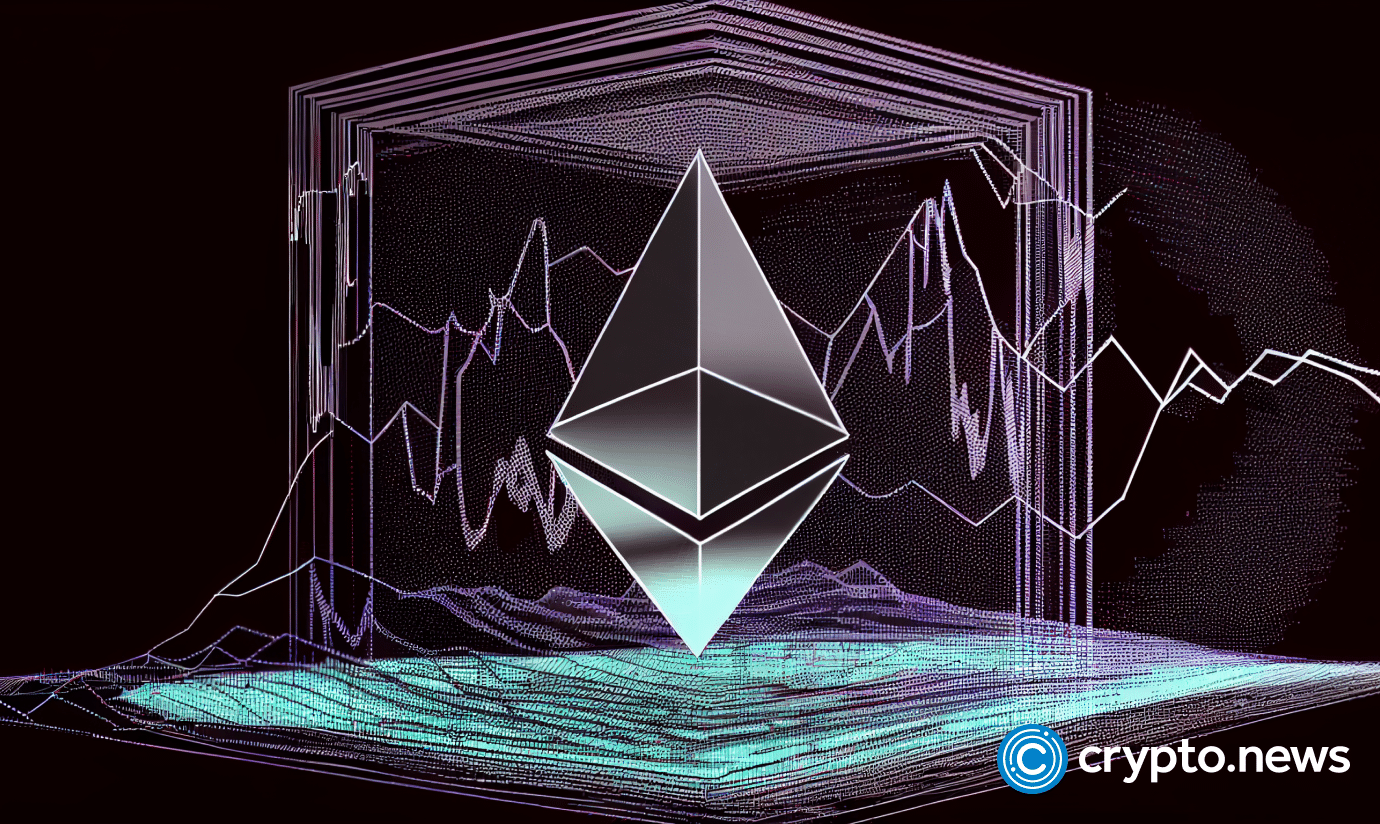Ethereum (ETH) is facing selling pressure with the potential to break above $2,300, a cryptocurrency analyst said. Whales have been actively taking profits, which could trigger massive selling pressure on the world’s second-largest cryptocurrency.
Ethereum price volatility
Ethereum (ETH) price has been positively impacted by the recent bullish momentum in global cryptocurrency markets, with Bitcoin (BTC) breaking above the $43,000 price area.
ETH holds a unique market position due to its extensive developer community, widespread adoption, and its pivotal role in decentralized finance (defi) and various blockchain applications.
Despite the current positive momentum, there are concerns about the potential impact of selling pressure from whales on cryptocurrency prices.
According to cryptocurrency analyst Ali Martinez, whales took profits immediately after Ethereum reached $2,300.
ETH price is likely to decline in the coming weeks due to the selling impact of significant holders. In a bearish scenario, the cryptocurrency could retest the $1,555 support level, and continued selling pressure could push ETH as low as $1,460 within the next two months, analysts predict.
Despite these concerns, overall market sentiment remains cautiously optimistic, leaving room for further growth in cryptocurrency prices.
Ether’s market capitalization of $282 billion lags Bitcoin’s $857 billion, but both networks generate similar protocol revenues.
Over the past seven days, fees on the Bitcoin network hit $61 million and on Ethereum $61.5 million.
In addition to institutional interest, the price surge was fueled by expectations of SEC approval of the ETF. Despite the optimistic momentum, there are concerns that increased selling pressure could impact the price of ETH in the future.
Ethereum’s soaring network fees
Ethereum’s rising network fees are intricately linked to the expansion of the DeFi ecosystem and the widespread adoption of non-fungible tokens (NFTs).
The rise in Defi and NFT activity has led to rising network fees and more individuals participating in complex transactions, leading to long-term increases in fees.
The creation, transfer, and trading of NFTs involves executing a smart contract that consumes gas, and the associated costs may fluctuate depending on network congestion and gas prices. Ethereum’s high gas fees pose challenges for NFT creators and collectors, but new solutions such as layer 2 scaling and gas optimization provide optimism for a more cost-effective and accessible NFT ecosystem.
The surge in DeFi and NFT activity on the Ethereum network since 2020 has resulted in widespread trading activity, resulting in consistently high gas fees.
Currently, the average gas fee to mine an NFT on Ethereum is around $100 and can vary depending on network congestion, gas prices, and smart contract complexity.
As of this writing, Ethereum is trading at $2,348.23, according to data from CoinGecko.

